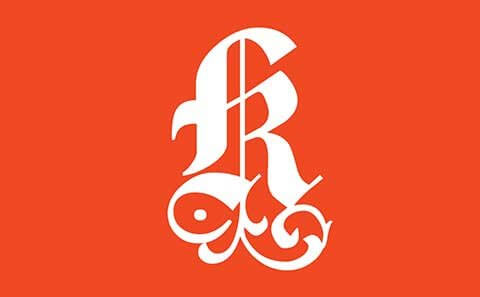In a special report on the gender pay gap, an analysis by compensation data firm PayScale noted that women are being disproportionately affected by the coronavirus shutdown that is resulting in millions of workers being laid off or working from home.
Women occupy a high percentage of positions in education, office support, social services and personal care, which are more likely to be suspended, laid off or forced to work reduced hours during the pandemic. PayScale noted that women “are also more likely to have to take time off work, or even resign their positions, in order to care for children who are no longer in school, as well as other family members.”
The report was released in advance of Equal Pay Day on March 31. With the stats saying that women earn on average only 75 to 80% as much as men, Equal Pay Day was founded to recognize the day of the year when women have finally made as much money over the past 15 months as their male colleagues earned in 12.
Facebook chief operating officer Sheryl Sandberg spoke with Yahoo Finance about the impacts of the pandemic on women. “Because you have less savings, you have less ability to earn and so these problems we have that hit our most vulnerable — domestic violence, pay gaps — this is a wake-up call to fix them,” says Sandberg.
While that pay gap has been shrinking, it’s not happening fast enough to meet the goal of the Ontario-based Equal Pay Coalition: to achieve wage parity by 2025. Still, market forces are kicking in. As big companies today struggle to find talent, they’ve been adopting more formal structures, such as pay parity, special leadership programs and rules regarding sexual harassment, to promote equity for women and other disadvantaged groups.
Longer-term, the signs are more encouraging. Bloomberg publishes an annual Gender-Equality Index, which tracks the progress of public companies committed to supporting gender equality. This year’s list includes 16 Canadian companies, up from just 12 in 2019.
The full index includes 325 public companies around the world (up from 230 last year). Each company is worth at least US$1 billion, so it’s an exclusive list. But Bloomberg expects this project to accomplish two key objectives: encourage more businesses to adopt gender-equity policies and give investors more data on companies embracing progressive ethics.
Canuck companies on the list include all six major banks, plus insurance giant Manulife, as well as such outliers as Enbridge, Teck Resources and retailer Lululemon. Newcomers this year include Algonquin Power, Aurora Cannabis, toymaker Spin Master, engineering giant Stantec and electrical producer TransAlta.
Corporate Knights checked on a few of these firms to find out how they’re managing equality at the top. Our conclusion: awkwardly.
Only one of the 16 companies is headed by a woman: Dawn Farrell, CEO of TransAlta. The firm’s 12-person board includes only four women.
Kathleen Taylor chairs the board of RBC, and six women sit on the 14-seat board. But just one woman ranks among the bank’s 10 “executive officers.” She runs human resources.
Manulife lists 12 men on its senior leadership team and just three women. Marianne Harrison runs Manulife’s sprawling U.S. division, with assets nearing US$500 billion.
Lululemon is the only Canadian company with gender parity on its board: five men and five women. And its website lists a management team of six women and four men.







